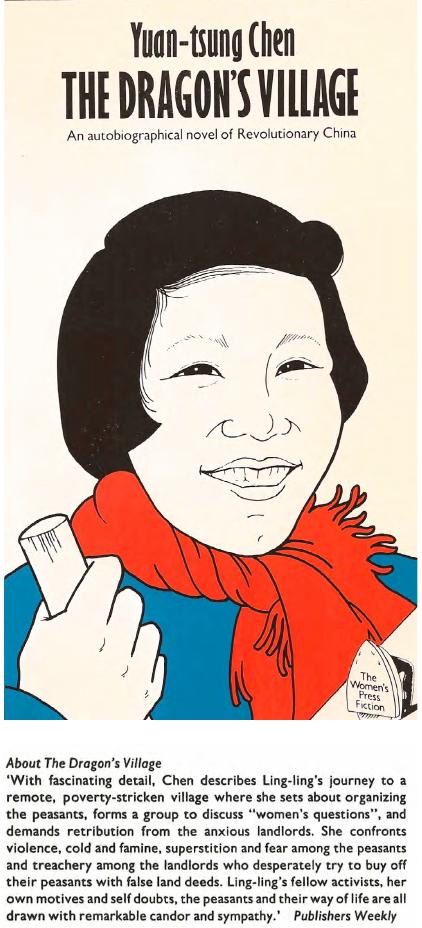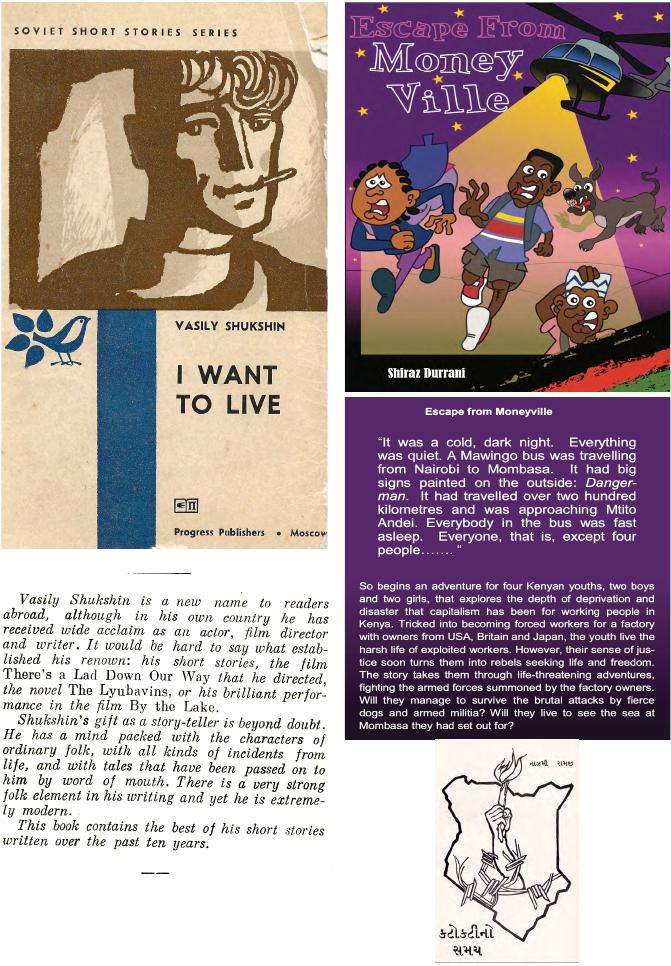The focus of the movements and parties resisting capitalism around the world is on studying theories of socialism and Marxism. And that is as it should be, as ideological understanding is critical in defeating capitalism. But a real understanding of socialism requires more than theoretical knowledge. In order to change the capitalist thinking and outlook cemented into the minds of working people by decades and centuries of capitalism, further insight into theoretical knowledge is required. The vision of a new socialist society needs to be clearly understood and internalised to reinforce theoretical learning. Only then can the reality of what life under socialism would be like becomes real. Without this understanding, theories are dry and do not penetrate the imagination, and they fail to enhance the understanding necessary to bring about appropriate action for revolutionary change. It is relatively easy to understand class structures and class struggles in theoretical works. But the reality of workers living under a hostile and powerful bourgeoisie can only be understood when it is seen in the everyday lives of working people, in their daily struggles for survival, in their struggle to survive the daily police attacks. That reality can only be imagined and understood by reading works of fiction. Recent publications in the Series, Tales from the Front from the Paris-based Foreign Language Press explain the importance of understanding the ‘murky complexity of real life’ that fiction provides:
Communists are known for our reliance on and understanding of theoretical knowledge. Our conception of education and self-education comes directly from Lenin’s famous formula: “Without revolutionary theory, there can be no revolutionary movement.” Yet, in our ongoing effort to acquire practical and theoretical knowledge, it may be necessary to engage with historical accounts of concrete struggles in which theory was both forged and applied in the sometimes-murky complexity of real life. Tales From the Front aims to provide activists with concrete historical examples — both fictionalized and non-fiction — of those instances in which theory and practice mutually produced and intertwined with each other.
Culture was an important element in the transformation needed to consolidate socialism in the USSR. Lukin discusses the role of literature in the building of a ‘new society’ in the context of Lenin’s writings:
Culture, literature, and art are active vehicles in the building of new society and in educating the new man. The colossal uplifting of Russia would have been impossible without their development, considering the plight it was in on the eve of the revolution. That is why literature, which possesses an enormous potential in terms of the political, ideological and moral education of the builders of the new world, must, Lenin thought, merge with the other components of the general cause of the people. The general improvement in culture and knowledge had to be linked “with burning economic requirements”. Lenin emphasised that the creation of a socialist culture was inextricably linked with the building of communism and the overall policy of the party and the Soviet power. Both in his speech at the Third All-Russia Congress of the Young Communist League and in his last articles, Lenin constantly spoke of the incorporation of culture into the system of socialist society; he regarded the cultural revolution as on a par with the industrialisation of the country and the creation of cooperative agriculture. It was one of the principle tasks in building a socialist society.
Similarly, Mao saw literature as an important tool in the establishment of socialism:
In our struggle for the liberation of the Chinese people there are various fronts, among which there are the fronts of the pen and of the gun, the cultural and the military fronts. To defeat the enemy, we must rely primarily on the army with guns. But this army alone is not enough; we must also have a cultural army, which is absolutely indispensable for uniting our own ranks and defeating the enemy… The purpose of our meeting today is precisely to ensure that literature and art fit well into the whole revolutionary machine as a component part, that they operate as powerful weapons for uniting and educating the people and for attacking and destroying the enemy, and that they help the people fight the enemy with one heart and one mind.
The situation today is different from that in USSR and China at the time when the above assessments were made. We need to be clear about the state of resistance to capitalism and prospects for socialism today. We can then see how literature can support today’s struggles, in individual countries and globally. Vijay Prashad explains the current situation:
Indeed, much has changed since the 1960s and 1970s, largely due to the new technological developments – such as satellites, online databases, container shipping – global commodity chains supplanted the old Fordist forms of factory production, weakening both trade union movements and the necessary strategy of nationalisation (key to the attempt to break down the neocolonial structures). Despite these dramatic changes in the global economy, the neocolonial structures remained intact, structures that included imperialist control over five areas of human life: finance, resources, science and technology, weapons systems, and information. These five controls remained with the imperialist countries, despite the contradictions that emerged through the new global commodity chain system that was built during the neoliberal phase of capitalism. In many ways, the structure of neo- colonialism, therefore, remains intact.
These changes have important implications for the struggle against capitalism and for socialism, particularly in the fields of information and related technology in the context of this essay. In this situation, culture in general, and literature in particular, can play an important role in overcoming some of the obstacles that capitalism and imperialism have placed in today’s world against socialist forces. These changes are evident in Kenya too. These factors are made worse by its lack of a national Left political party or movement, weakened trade unons, and the government under total control of capitalism and imperialism. However, there are some openings that progressive and Left forces can, and do, use, for example the growing movement for study classes, as for example those based at Ukombozi Library, which then reach out throughout Nairobi and many parts of the country. However, these groups focus their study on Marxist and socialist ideological material and the use of literature and fiction have yet to be fully integrated in such studies. This is an important area that needs urgent attention.
A Class under Attack
It is literature, drama, films, songs, poetry with public performances, among other aspects, that show what it mean to be a class under daily attack, when those in power use their state, economic and political power to make the lives of working people ever more miserable. And yet, it is not easy to get material that depicts capitalism in its true colours. The power over printing and publishing industries in capitalist countries lies with the ruling class and they use various means to ensure that capitalism is not mentioned as the cause of people’s misery in books and literature. Their control over mass media, school, university curricula and publishing then ensure that any work that shows the positive side of socialism, that exposes crimes of capitalism, are kept off the mainstream. Public libraries and mass media, education systems and publishing keep books, knowledge and information about socialism, about class struggles under capitalism, out of their doors.
So where does one find appropriate readings for those keen to understand lives under socialism? One way is to seek fiction from societies that had fully or partially overthrown capitalism and moved towards socialism. The experience of the Russian Revolution and USSR; the material generated by the Chinese Revolution and the founding of People’s Republic of China; literature from societies at the cutting edge of socialist endeavours like Vietnam, Cuba as well as people’s struggles in India and Latin America, as well as in Africa, particularly in the context of anti-colonial wars — all have generated a large volume of stories and novels that are able to show, creatively, life, the challenges, the victories that the working class achieved under socialism. Many such books are being reprinted in many countries and the formation of the International Union of Left Publishers (IULP) offers hope for reprinting literature as well as political and ideological material in the long term. It is noteworthy that IULP sets out to oppose the capitalist monopoly on publishing and knowledge:
The IULP is a network that confronts the challenges of the market-driven desiccation of ideas with left books that amplify the voices of ordinary people.
Literature can makes clear the possibilities that socialism opens up, not only in economic and political terms, but in daily lives of people and their communities. That is where the change that socialism brings can be seen clearly and where the difference between capitalist and socialist societies becomes clear. Dangulov (1977) explains the two key aspects that literature can support: first, ‘arouse in man the fighter’ to make them active in the struggle and, also to show the society under socialism:
Literature can do a great deal to arouse in man the fighter for whom there is no cause more sacred than the lofty ideal of the freedom and fraternity of the world’s toilers. But Soviet literature also has a task of its own: to show the world the land of Lenin. I shall risk repeating what I said at the beginning of this article: better than anything else, literature can give a clear picture of the life we live, of man’s mode of existence, his interests, the essence of his relations with the family, the collective, the country; what he sees as his mission in life, and to what extent he is capable of fulfilling it.
The time to incorporate the cultural wing of resistance into the struggle against capitalism is not when the struggle for socialism has been won; it is when the struggle is being waged, as is happening now around the world.
The next section looks at a few examples of novels that show what life under socialism can be.
The Literature of Life and Struggle Examples
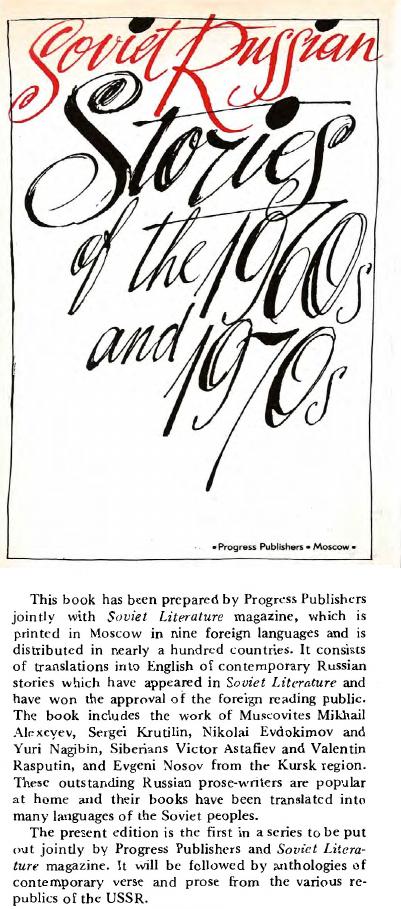
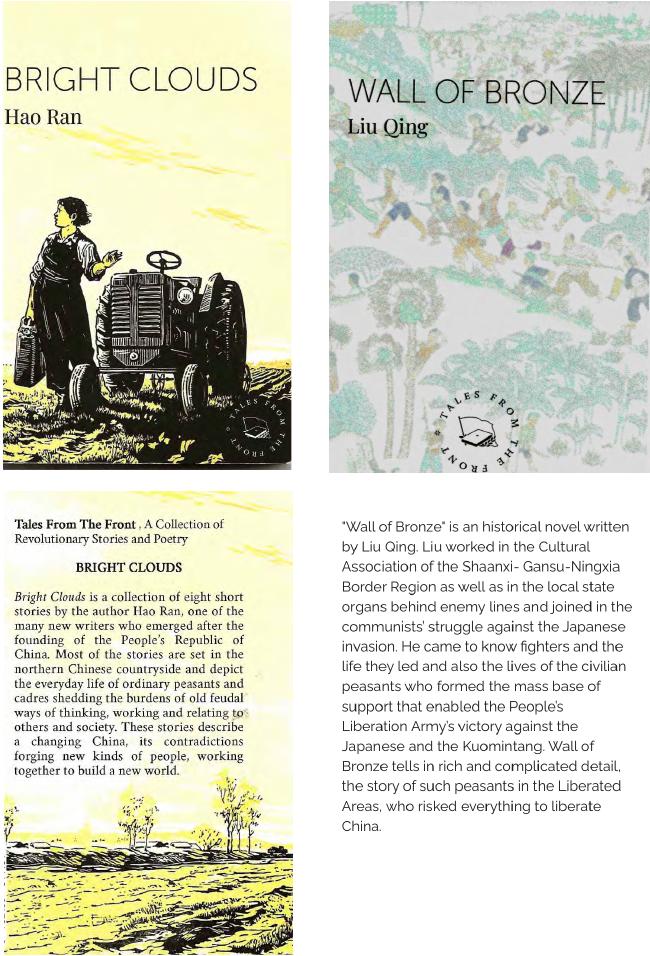
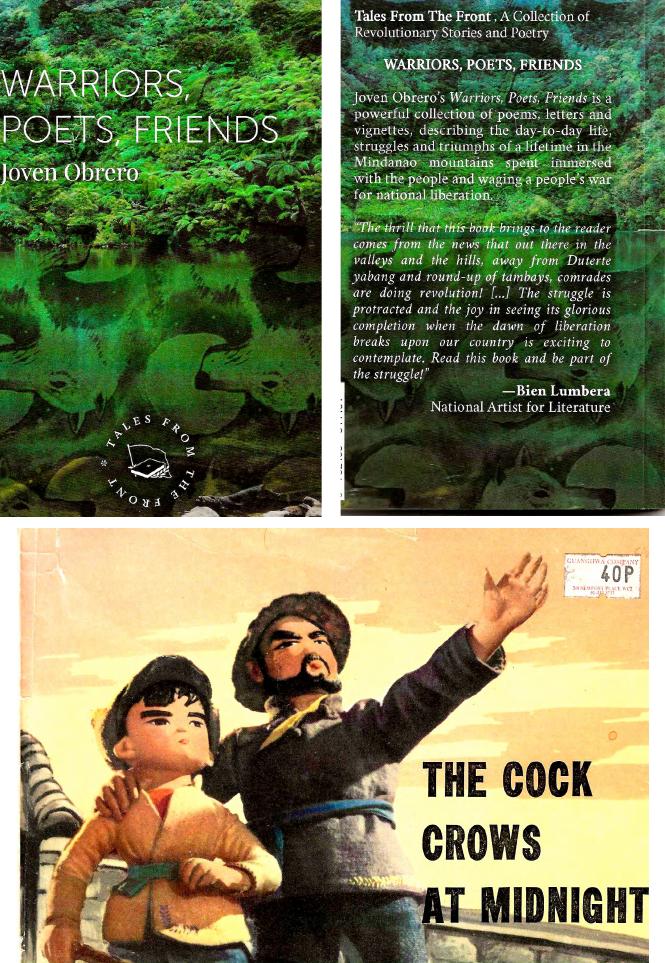
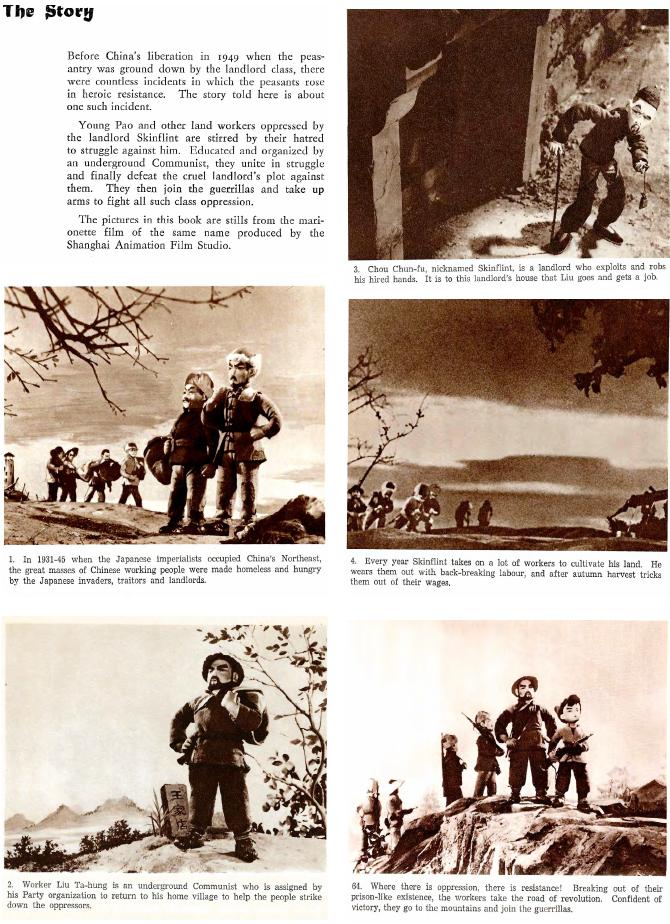
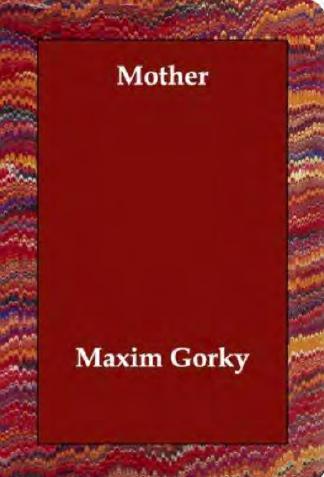
In his novel, Gorky portrays the life of a woman who works in a Russian factory doing hard manual labour and combating poverty and hunger, among other hardships. Pelageya Nilovna Vlasova is the real protagonist; her husband, a heavy drunkard, physically assaults her and leaves all the responsibility for raising their son, Pavel Vlasov, to her, but unexpectedly dies. Pavel noticeably begins to emulate his father in his drunkenness and stammer, but suddenly becomes involved in revolutionary activities. Abandoning drinking, Pavel starts to bring books and friends to his home. Being illiterate and having no political interest, Nilovna is at first cautious about Pavel’s new activities. However, she wants to help him. Pavel is shown as the main revolutionary character; the other revolutionary characters of the novel are Vlasov’s friends, the anarchist peasant agitator Rybin and the Ukrainian Andrey Nakhodka, who expresses the idea of Socialist internationalism. Nevertheless Nilovna, moved by her maternal feelings and, though uneducated, overcoming her political ignorance to become involved in revolution, is considered the true protagonist of the novel — https://en.wikipedia.org/wiki/Mother_(novel).
